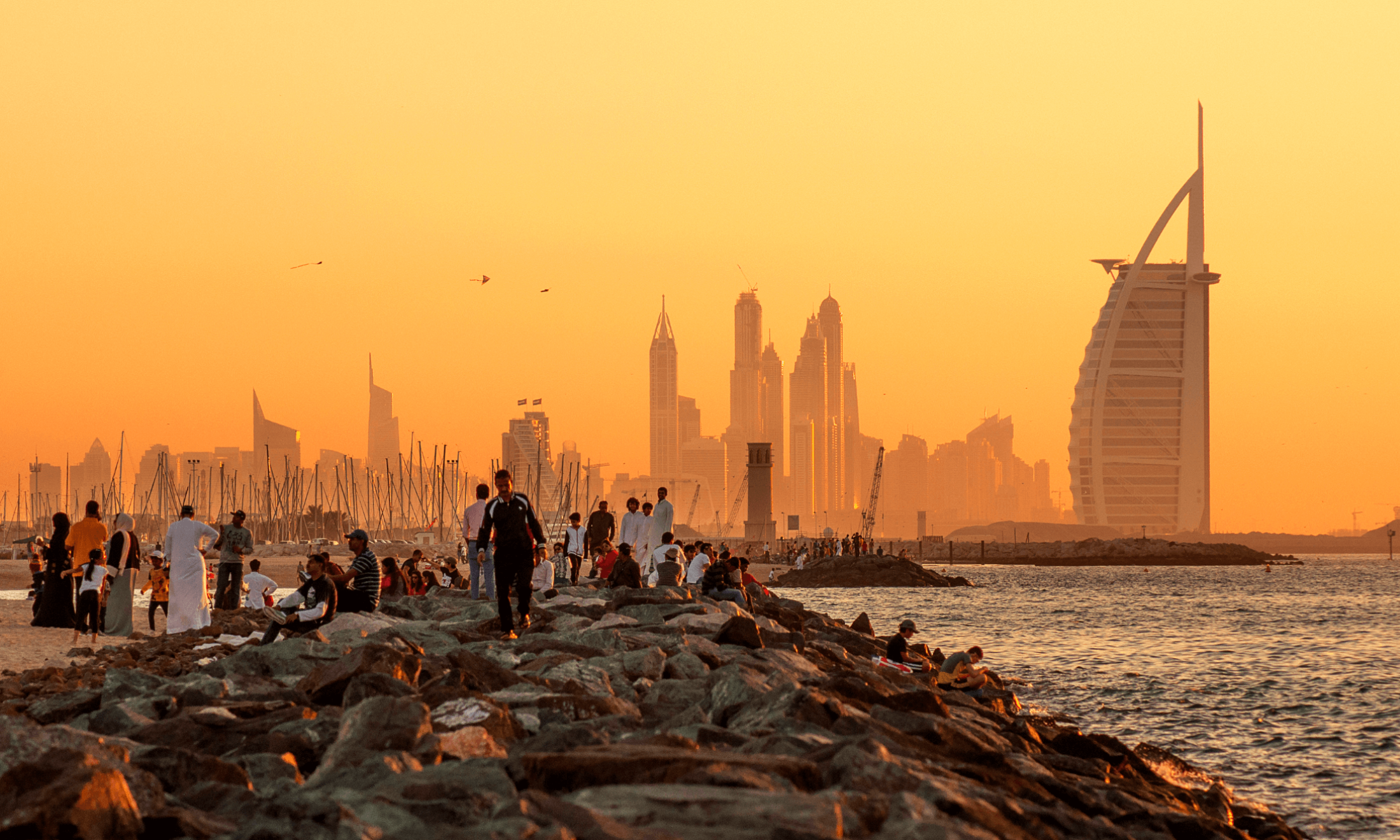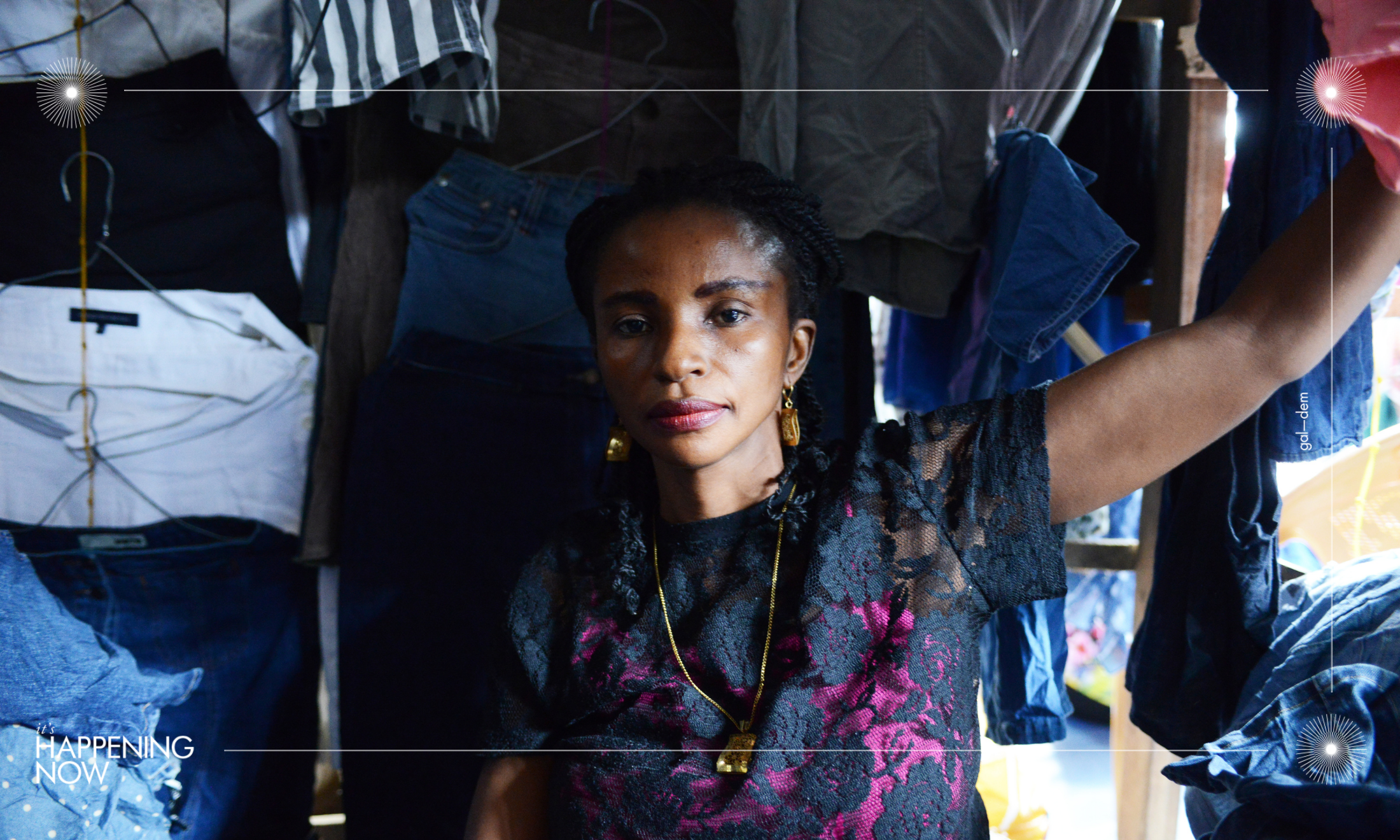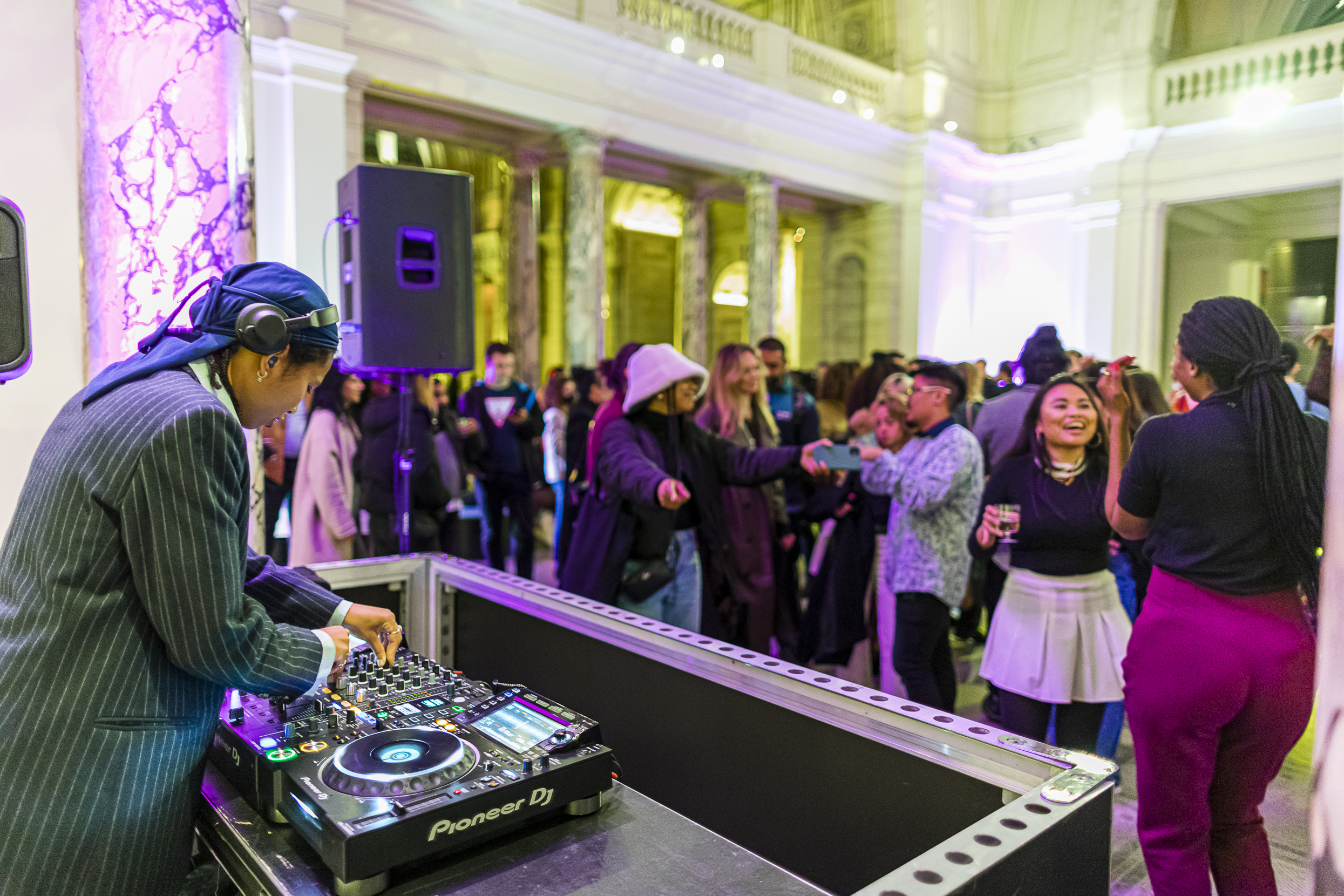
In my Gujarati household, we’ve always been sustainable
From chocolate tins full of roti, to soup tin plant pots, Zahrah's family have always been strong sustainable role models.
Zahrah Vawda
01 Apr 2020
Via quickmeme
I walk to the kitchen and ask my mum if there’s anything to eat. I open the fridge and reach for the tub of Flora to check what dessert is in it – a slice of my cousin’s cheesecake. I take the cheesecake to the dining table and sit on the chair covered by a cushion that my aunty once made. I haven’t been home for a week so it’s easy to spot new changes – a wooden trunk rescued from someone’s front garden and a new water jug made from an old milk bottle, to fill up the iron. Still, in the middle of the table sits a platter of freshly cut fruit on a plastic Barbie plate that’s over 15 years old but in perfectly usable condition. Some things never change, others never get wasted. When I finish the cheesecake, I walk past the pile of recycling that needs to be taken out and head to the sink to wash the tub with diluted washing-up liquid, leaving it ready for its next use.
“Recycling is important” is what we’ve been told for years. One of the world’s most pressing environmental issues is pollution, with 40% of the plastic pollution coming from packaging that’s used just once before being discarded, it’s easy to see why. Recycling is something that we all should be doing to play our part in protecting the environment. Today, it looks like the green triangle of arrows, or the moment of hesitation you have hovering an empty sandwich package over the recycling bin. Recycling is put into a box and sent away for someone else to deal with, though how much of it actually gets recycled is an issue of its own. It looked very different for me, growing up in a Gujarati household. Recycling was reusing, in as many ways possible. The sustainable habits of my family’s lifestyle in the UK have been a natural result of practical and cost-efficient living. My daadi (paternal grandma) found a use for everything. Old newspapers became table covers that were wrapped up with food scraps at the end of the meal for an easy clean-up. Roses chocolate tins made perfect storage for roti and papad. Old vests were tied to the end of a stick to make dusters, and leftover wallpaper made perfect linings for drawers.
“Roses chocolate tins made perfect storage for roti and papad”
Even more important than recycling, though, is conscious consumption. Overconsumption depletes the Earth’s natural resources, on top of creating levels of waste pollution that the earth struggles to cope with. When I look to the habits of my mum, aunties and my daadi, I’m inspired by how they managed to consume so little considering the number of people who walked through their doors and stayed under their roof. Household staples were always bought in bulk – huge bags of rice and big bottles of oil – so the amount of packaging thrown out (or recycled) was naturally lower. Clothes were often made at home, along with anything else we requested from my aunty. My daadi used zero-waste linen nappies for her children growing up, and the plastic bag full of plastic bags that my mum collected in the back room saved mass amounts of unnecessary plastic from piling up in landfill.
Today, high production cities in the Global South are feeling the environmental impact of pollution, which our consumption as a society in the Global North is hugely accountable for. Over time, packaging has increased. Goods are consumed quicker and in smaller sizes, from “travel-sized” accessories to bags of cut lettuce on supermarket shelves. Short-wearing fast fashion has become the norm, with garment workers put under huge pressures in unsafe environments.
“non-white and low-income communities have been practising sustainable habits way before the trend”
Now more than ever, climate change is everywhere. Oxford Dictionaries declared “climate emergency” the word of the year in 2019 – all of this attention has created lots of puzzled faces on how we can reverse the mess that we’ve created. Sustainable living is capitalised through plastic-free packaging and recyclable products, with some brands taking it far enough to charge over £50 for metal water bottles and flasks. Meanwhile, my aunty’s water jug is an old glass Shloer bottle and costs her no more than the sparkling drink itself and it’s been serving us water straight out the fridge for years. Engagement and involvement across the environmental industry are still predominantly white, due to organisations and movements often failing to recognise the experiences of people of colour. The lifestyles of non-white and low-income communities have been practising sustainable habits way before the trend rebranded it to unaffordable prices.
As I leave my family home, mum fills me up an old takeaway box of food for tomorrow’s dinner and wraps it in a plastic bag. I take it home to my fridge where it sits alongside other old takeaway boxes of my own prepped meals. I owe so much credit to my family for what I know about sustainability today, and how it looks on a practical level without costing the world.
I can see the lessons I learnt sprinkled around my flat. Repurposed tubs and jars stock my spice cupboard, filled from bigger packets that will last me a year. By the window sits my growing collection of soup pots, pierced with holes and ready for this year’s gardening. Small cardboard boxes organise my drawers. My lifestyle now is very different from those in the generations before me. The pressures of time are higher, the size of living space lower. Still, while I take the plastic bag which wrapped the food mum gave me and stuff it in my very own bag, full of bags, behind the door, I feel lucky to have had such strong sustainable role models to look up to and influence my life.









